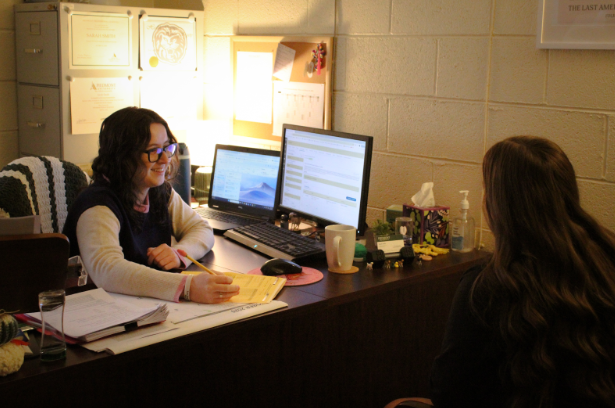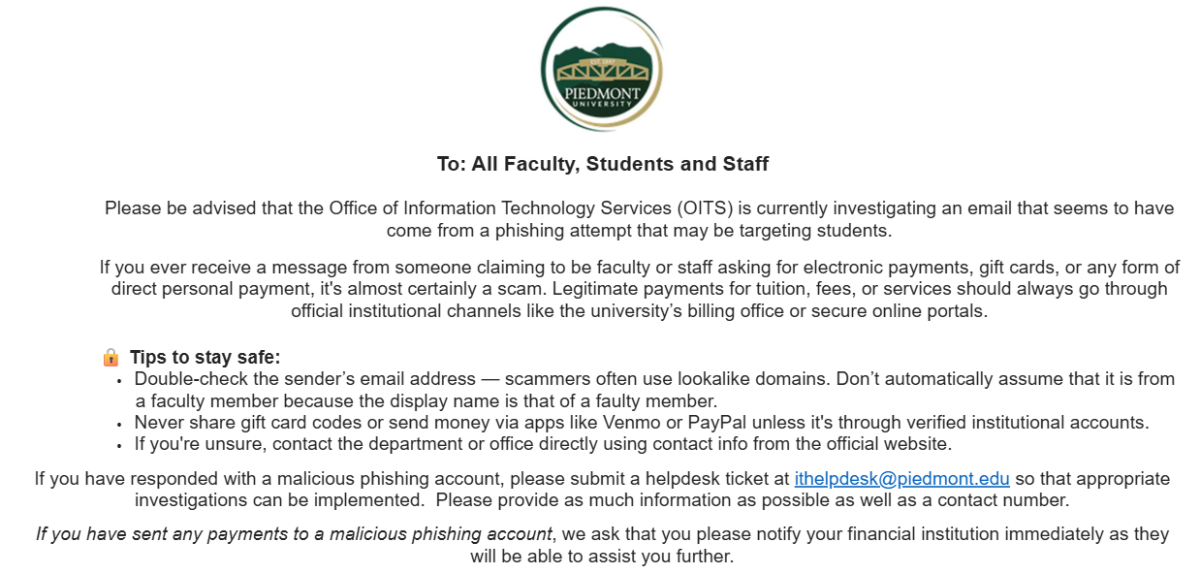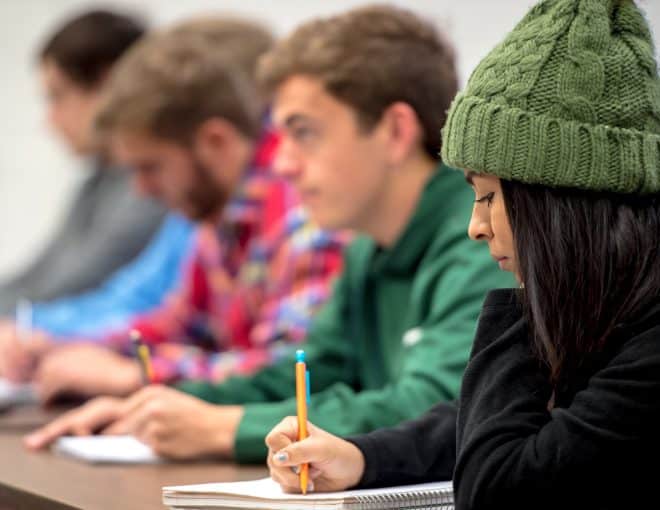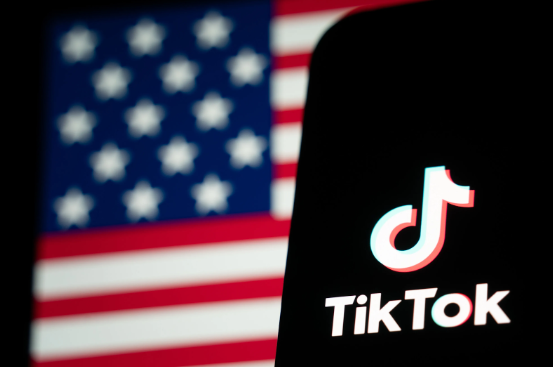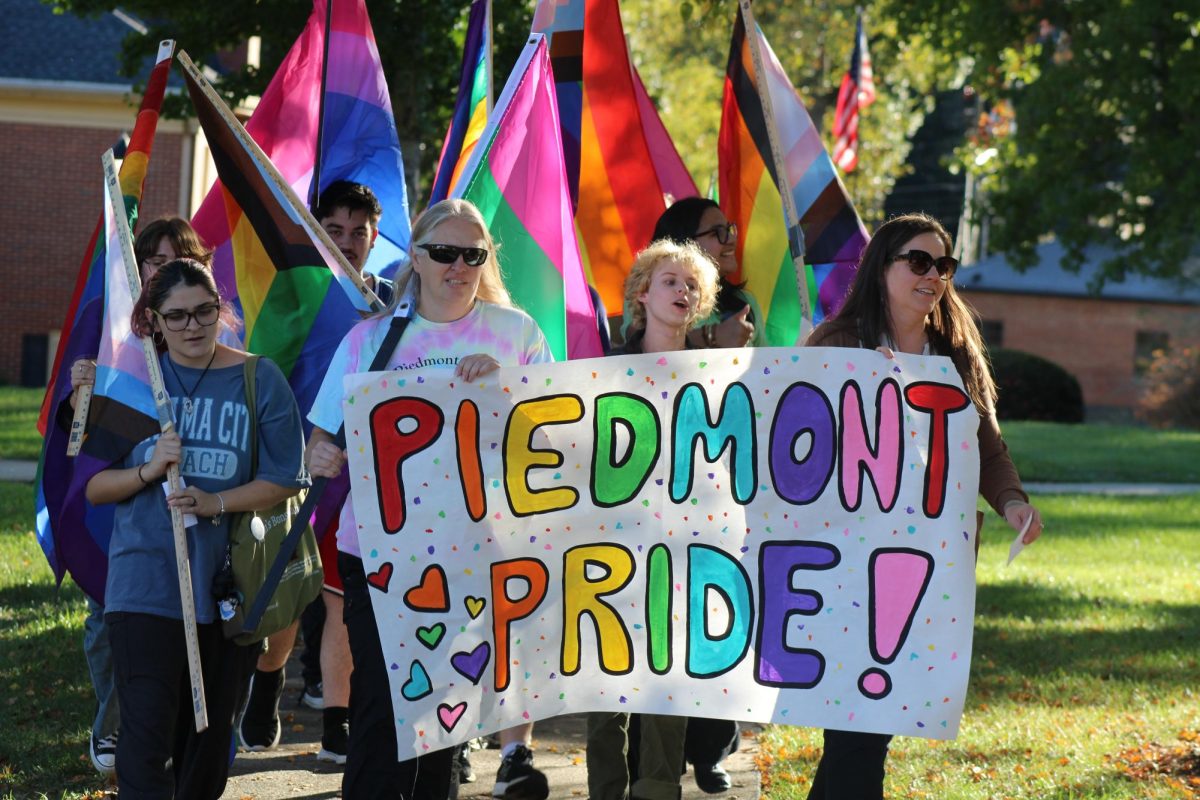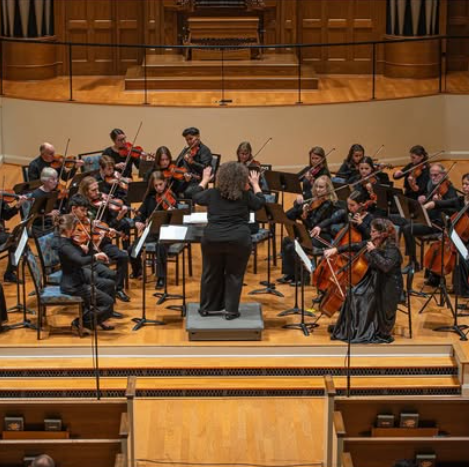CAMMIE BAGLEY News Editor
Since the class of 2017 arrived on campus, the Compass Program has been a requirement for students to complete in order to graduate. However, with a new director overseeing the program, it has been adjusted and is now more student friendly. With the resignation of Reverend Ashley Cleere, the previous director of Compass, the college needed to find a replacement for her position as director of Compass.
In May 2016, the position was offered to Director of Career Education Brittany Kinard. She accepted the position because she felt it was a good fit for the role that she already plays in student affairs.
“I was excited to take it on because I thought it was a good fit for career services,” she said. “It makes sense to be in student affairs and it makes sense to help students understand how they can turn Compass into marketability for employers.”
In the past, the Compass Program required students to complete 90 hours’ worth of experiential learning endeavors. They had to complete a proposal for the endeavor and choose which Compass point their ELE would fall under. After completing their ELE, they had to answer written reflection questions and then write a precis to sum up their endeavor.
Under Kinard’s direction, these previous requirements have changed. She said that the changes occurred because she, along with the Compass committee, felt as though it needed to become more manageable for students.
“We saw Compass as an opportunity for students to hopefully use their experiences to then go forward and get a job after they graduate, which is the whole point,” said Kinard.
In the first week as Director of Compass, Kinard met with the committee as well as the president and discussed the changes that they felt were necessary. One of the first improvements they made was to change the language of Compass. Some of those changes include using the term, ‘summary’ rather than ‘precis’ and the CELE’s becoming individual endeavors rather than just group endeavors. One of the most significant changes that was made to the program was the amount of hours required to complete Compass. The hours have been cut in half, leaving the requirement at 45 hours total. These hours can be split into one, 30-hour individual endeavor with one, 15-hour group endeavor or three group endeavors. This allows for students to have more options on how they want to complete their Compass requirements.
“We wanted students to feel like they were in more control of what was going on their transcript,” said Kinard. “We also incentivized the opportunity to complete additional endeavors because now instead of saying you have to get 90 hours, we have an honors society for students who want to complete 90 hours or already have. They’ll have an extra special thing on their resume, a lapel pin, an induction ceremony and they’ll be mentioned in the commencement program.”
Other important information for students to know about the changes to the Compass Program is that there is now an amnesty period that lasts from Sept. 1-Nov. 1 available to any sophomore, junior or senior that has been at Piedmont since Compass began. This is for anyone who has completed an endeavor that would have counted towards Compass, but didn’t complete the proposal on time. Those students can send in a proposal for the completed endeavor and, if approved, will get one Compass point completed.
The overall goal of the Compass Program is to make students more desirable to employers. The summaries that students write to finalize their endeavor will go on their transcript for employers to read. This makes it important for students to meet with their sponsors and carefully go over their summaries since graduate schools and potential employers will see them.
“All graduate schools will look at a student’s transcript and some employers will, while some may not,” said Kinard. “But Compass points can also go on resumes. Even if they don’t though, it can still be discussed in a job interview.”
The top three skills that employers seek from college students are written communication, teamwork and leadership skills, according to the National Association of Colleges and Employers. This relates to the Compass Program because experiential learning endeavors supply students with each of those skills, answering the question of, “why Compass?”
“Employers want to see that you’ve done things beyond the classroom,” said Kinard. “These days having a degree isn’t enough anymore, you have to have experience.”
Kinard said that records show that most students have already completed some, if not all, of their Compass requirements. In the last year, more students have done Compass than ever before, according to Kinard.
However, students should be aware that if they don’t complete their Compass requirements, they will not graduate. Kinard said that it’s not just a threat, Compass really is a requirement to graduate.
“If we didn’t do that, it would be unfair to those students who have completed the work,” she said. “If you don’t complete it, you really won’t graduate. But no one wants that- I would hate to have that conversation with somebody. But if we don’t make the standard for everybody, then it negates the entire program.”
Many students are pleased with the changes that have been made to the Compass program. Senior healthcare administration major, Gilbert Ibarra has completed one Compass Point and he said that having to do less hours will make it easier to come up with ideas.
“I feel like an issue with Compass was always trying to find something that would take up 90 hours,” he said. “I wish they would have made these changes earlier when I started the program.”
Kinard hopes to have students realize that Compass can be fun, it doesn’t just have to be another requirement to complete. For example, there are many opportunities for students to complete the program such as attending the Dave Ramsey sessions or going on the volunteer spring break trip.
“We want to give everyone as many opportunities as we possibly can,” said Kinard. “I will do everything in my power to help a students get the 45 hours that they need. Anyone can come and meet with me and I will help them be successful.”
Any student that has more questions about the changes that have been made to the Compass Program or would like to submit a proposal for an endeavor should contact Brittany Kinard or Megan Ramsey at [email protected].


